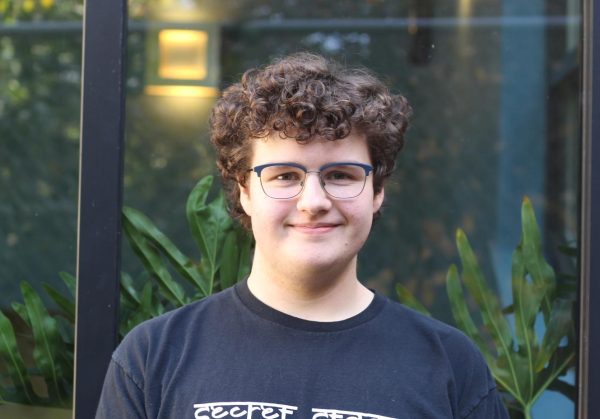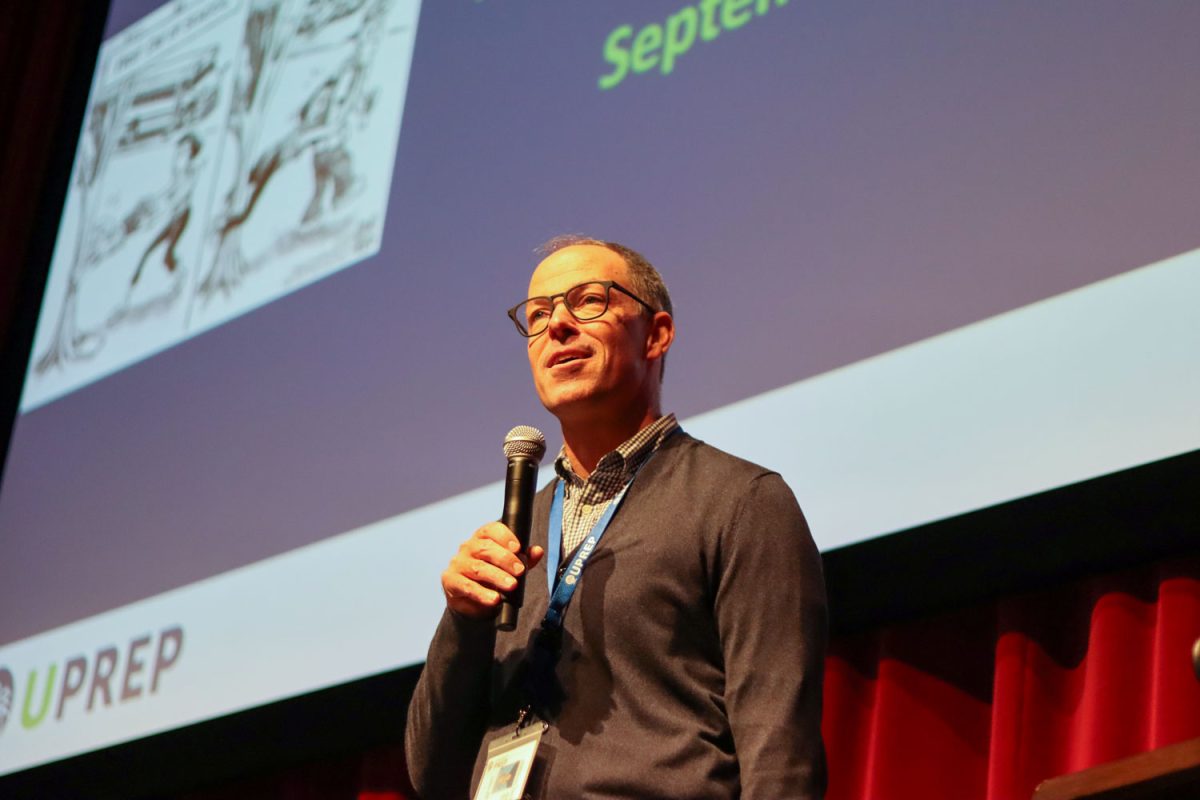First one, then two, three and four. Then 10, 20, 30. Within minutes, Director of College Counseling Kelly Herrington had received more than 120 emails. All of them from colleges expressing how much they value diversity and inclusion. It was just minutes after the news broke about the Supreme Court’s decision to end affirmative action in college admissions on June 29, 2023.
When the Supreme Court rejected affirmative action, a policy that allowed colleges to use race as a factor when accepting students in an attempt to diversify their classes, students and counselors worried about the implications.
“It was a tough day,” said Cris Monroy, associate director of college counseling. “Even if you see it coming it’s disappointing.”
For months, college counselors around the country had been preparing their students for the decision to be overturned.
“I had the honor of going into the civics classes and talking about the history of affirmative action,” Herrington said.
College counselors are working hard to show students that race was only a small part of whether or not they were admitted to a school.
“I think erroneously a lot of times college students believe that certain factors play an outsized role,” Herrington said. “So a lot of the work that we’ve done is tried to explain how this fits into all the other pieces of the application.”
Even with the overturning of affirmative action, students can still write about their race and are often encouraged to.
“Their perspective is what matters, students get in and become part of these communities based on their stories,” Monroy said.
Britten Nelson, associate director of college counseling, adds to this idea of student identity being a part of the admissions essay.
“If a student’s lived experience is still important to them and expressing their beliefs and their values,” Nelson said, “they should still write about that. And if that happens to involve race or ethnicity or something about their cultural background, they should write about that.”
With the overturning of affirmative action, the legality of legacy admissions is being put into question as the policy also affects college admissions.
“I think where it troubles me is if it is the super, super, selective places and they are taking the wealthy applicant or the child of a high-powered alum, over other students who might be more academically qualified,” Nelson said.
Nelson believes it is unlikely for legacy to be outlawed.
“I don’t see the Supreme Court taking this on as a thing, but I see individual colleges making statements against it, recognizing that it has a perceived and I think, rightfully so, idea that it’s misrepresenting students,” Nelson said.
While students might be worried about whether legacy plays a role in admissions, Nelson assures that legacy plays a much smaller part than it seems.
“I think if there is some sort of legacy admission game going on, I think it’s only on the margins,” Nelson said.
Students value diversity and wish to achieve it.
“Ensuring that colleges represent America and that the student body at colleges represents America,” ninth-grader Orrin Spiess said. “I think that would be the eventual end goal.”
Supreme Decision
College counselors adjust after the ban of affirmative action
About the Contributors

Teddy Bergstrom, Editor-in-Chief
Teddy Bergstrom is an Editor-in-Chief of the Puma Press. He is a senior and this is his fourth year on staff. He loves to write opinion articles and experientials. His favorite part of journalism is covering the community and telling stories that would otherwise go unheard. Outside of school, he loves his dogs, his sister, and listening to indie folk music.

Sofia Delgado-Pack, Web Editor-In-Chief
Sofia Delgado-Pack is a Web Editor-In-Chief for the Puma Press. They are a junior and this is their second year on staff. Sofia enjoys writing news stories that delve into topics in the community that may often be overlooked. Their favorite part of journalism is getting to connect with, and learn from people in the UPrep and Seattle community. Outside of journalism, they enjoy reading, tennis, and hanging out with friends.

